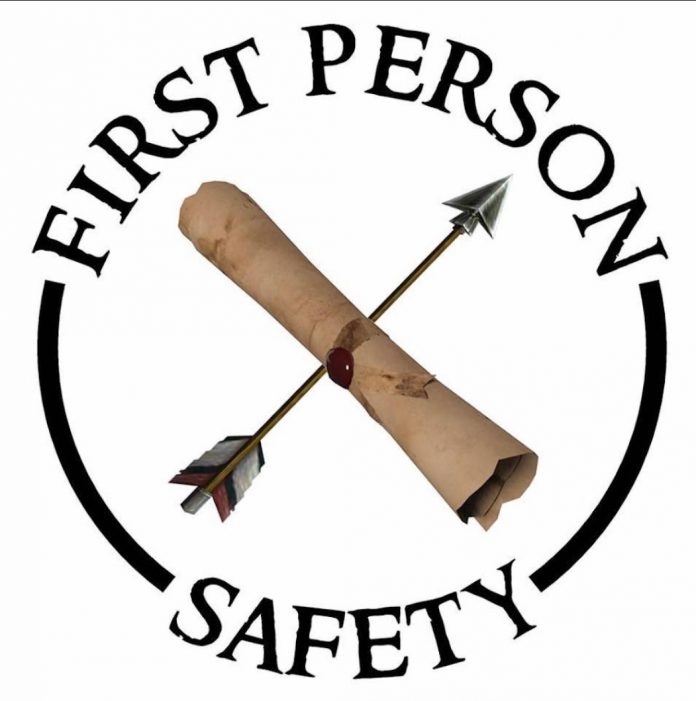
An alternate title for this lecture could have been “How to Not Talk Your Way Into Handcuffs”.
Lee did a great job of taking what can be a rather dry and overwhelming subject like Constitutional Law, and make it both relevant and engaging, at least enough so to hold the attention of one hungover, sleep-deprived student on a Sunday morning (….me. I mean me).
Lee starts off by saying that, while there are over 18,000 different law enforcement organizations in the US, they’re kind of like churches: All of them basically do the same thing with the same goals in mind, it’s just that the rules can change up a little.
He goes into the definitions of significant terms like reasonableness, seizure, probably cause, and the like. Here’s a brief summary of the terms and concepts that are covered in the class:
– reasonableness
– seizure – legal authority – suspicion – probable cause – consensual encounter – consent – investigative detention – totality of circumstances – custodial arrest – use of force – objective reasonableness – Terry v. Ohio – US v. Arizona – PA v. Mimms – MD v. Wilson – Graham v. Connor – TN v. Garner
We got brief summaries of the case studies that were referenced in the presentation, and how they relate to our rights as citizens, and how they impact how the cops do their job. A big focus of the talk was understanding the difference between what an officer is required to do and what they can do legally if the citizen doesn’t know better. There’s quite a bit of grey area in terms of implied authority, meaning that an officer can make a request that would be received as instruction. While the citizen is fully within their rights to decline the request, they may not be aware that it’s an option. It’s basically Jedi mind tricks for the Supreme Court.
Shamelessly stealing the Short Barrelled Shepherd’s 3×3 Model for AARs, here’s the breakdown:
The top 3 things covered in the class:
- Case Law & Doctrines
- Definition of legal terms & how they impact the everyday citizen
- How to protect your rights and guard against the effectively communicate with law enforcement
The top 3 things I learned from the class:
- There are times & places where it’s perfectly ok to say No to a cop and there’s nothing they can do but send you on your way
- Most of the time, you’ve got to be already engaged in some kind of suspicious behavior for them to come talk to you in the first place.
- PC = reasonable & prudent person / Suspicion = reasonable & prudent Peace Officer
Top 3 things I’ll do differently: There’s really just the 1: Better familiarize myself with the case law



